
Collibra
Founded Year
2008Stage
Unattributed VC | AliveTotal Raised
$595.9MMosaic Score The Mosaic Score is an algorithm that measures the overall financial health and market potential of private companies.
+18 points in the past 30 days
About Collibra
Collibra operates in data governance and artificial intelligence (AI) governance within the data and analytics industry. The company provides a Data Intelligence Platform that includes data quality management, data governance, data cataloging, and AI governance for organizations to manage their data assets. Collibra serves sectors such as financial services, healthcare, and technology companies. It was founded in 2008 and is based in Brussels, Belgium.
Loading...
ESPs containing Collibra
The ESP matrix leverages data and analyst insight to identify and rank leading companies in a given technology landscape.
The complex event processing (CEP) market offers solutions for real-time data analysis and decision-making. It allows businesses to process and analyze large volumes of data from various sources, such as sensors and social media, to identify patterns and trends in real-time. This can help organizations make informed decisions quickly and respond to events as they happen. CEP systems find applicati…
Collibra named as Outperformer among 14 other companies, including Tableau, Oracle, and Google Cloud.
Loading...
Research containing Collibra
Get data-driven expert analysis from the CB Insights Intelligence Unit.
CB Insights Intelligence Analysts have mentioned Collibra in 8 CB Insights research briefs, most recently on Nov 3, 2025.
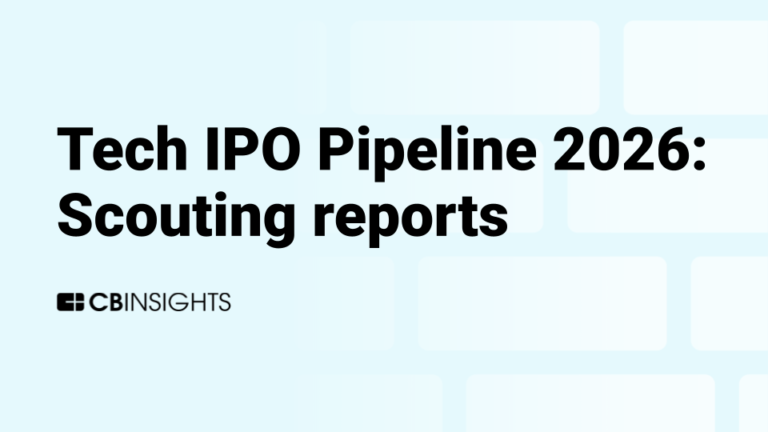
Nov 3, 2025 report
Tech IPO Pipeline 2026: Book of Scouting Reports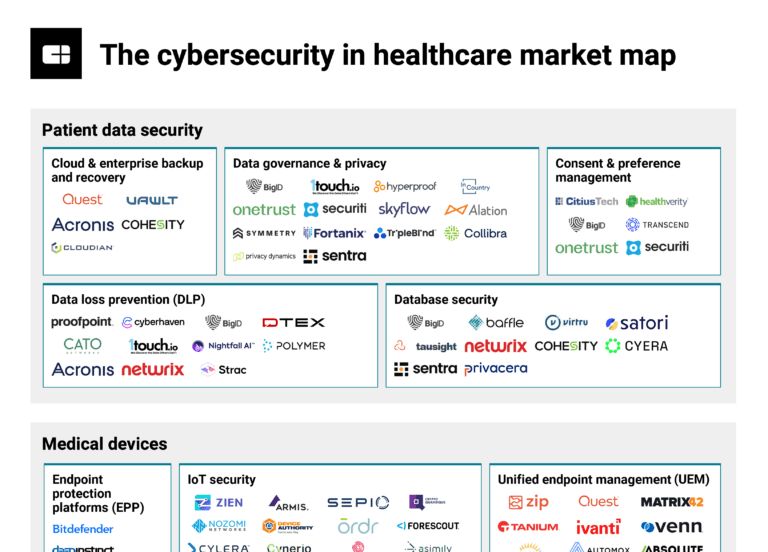
Feb 25, 2025
The cybersecurity in healthcare market map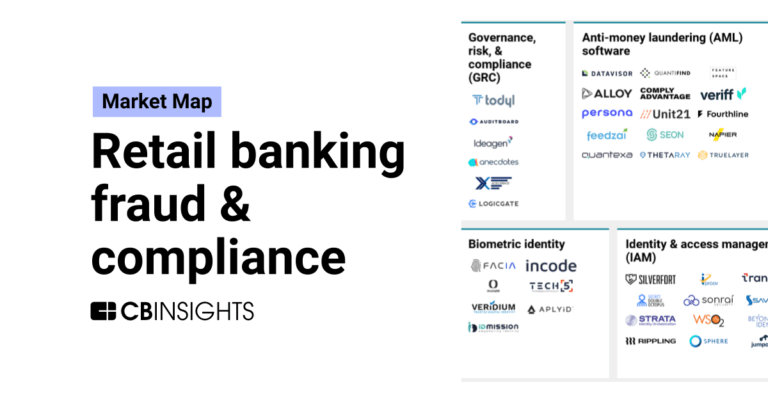
Mar 14, 2024
The retail banking fraud & compliance market map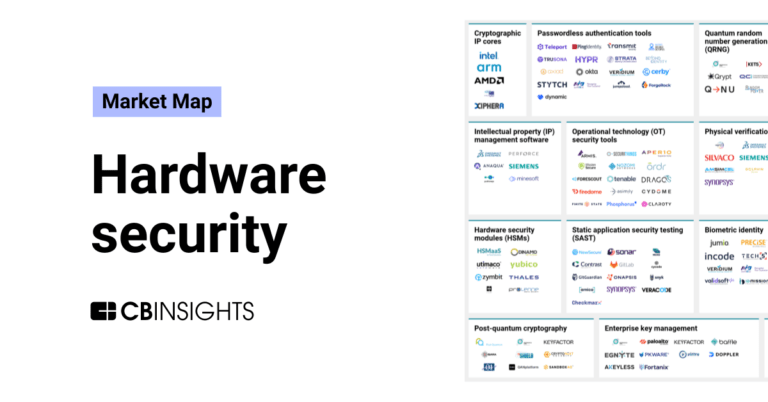
Feb 20, 2024
The hardware security market map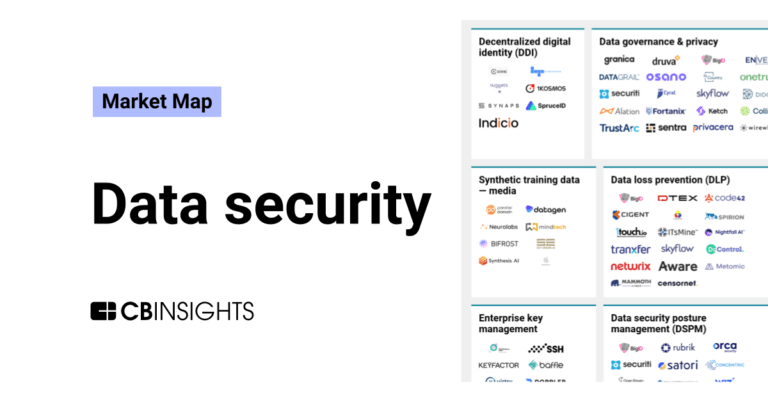
Sep 6, 2023
The data security market map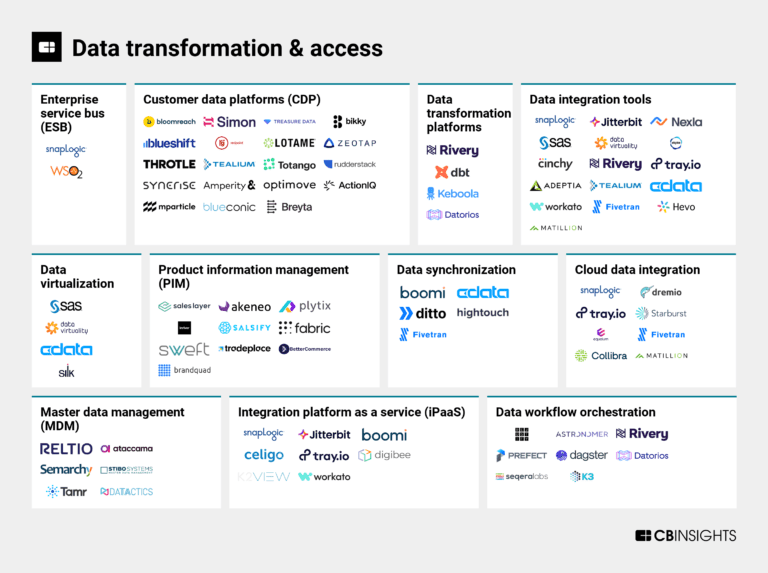
Aug 4, 2023
The data transformation & access market map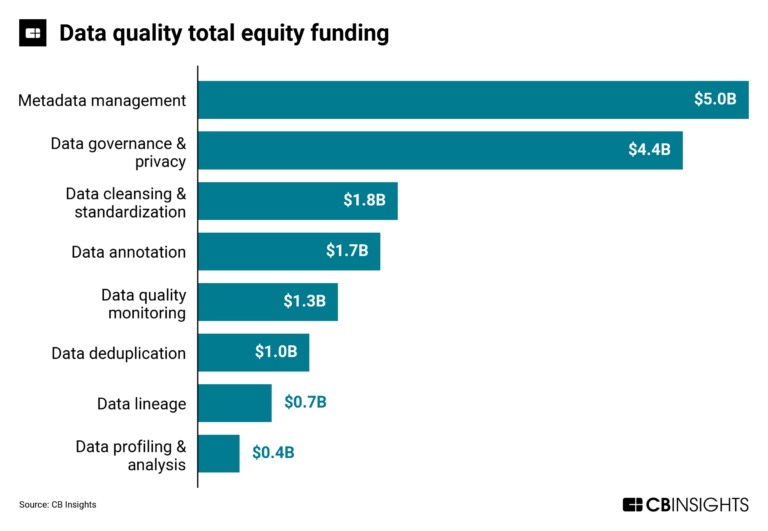
Jul 31, 2023
The data quality market map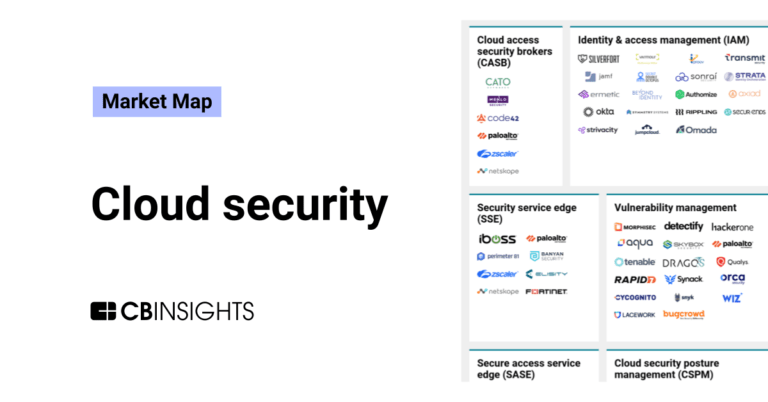
Jul 28, 2023
The cloud security market mapExpert Collections containing Collibra
Expert Collections are analyst-curated lists that highlight the companies you need to know in the most important technology spaces.
Collibra is included in 6 Expert Collections, including Unicorns- Billion Dollar Startups.
Unicorns- Billion Dollar Startups
1,309 items
Regtech
1,611 items
Technology that addresses regulatory challenges and facilitates the delivery of compliance requirements. Regulatory technology helps companies and regulators address challenges ranging from compliance (e.g. AML/KYC) automation and improved risk management.
Tech IPO Pipeline
825 items
Conference Exhibitors
5,302 items
Cybersecurity
11,450 items
These companies protect organizations from digital threats.
HLTH 2025 Exhibitors
878 items
A look at the HLTH Vegas 2025 exhibitor list we’ve been building so your team can start scanning for relevant companies.
Collibra Patents
Collibra has filed 37 patents.
The 3 most popular patent topics include:
- data management
- data security
- information technology management

Application Date | Grant Date | Title | Related Topics | Status |
|---|---|---|---|---|
9/18/2023 | 2/25/2025 | Data management, Database management systems, Java platform, Free database management systems, Relational database management systems | Grant |
Application Date | 9/18/2023 |
|---|---|
Grant Date | 2/25/2025 |
Title | |
Related Topics | Data management, Database management systems, Java platform, Free database management systems, Relational database management systems |
Status | Grant |
Latest Collibra News
Nov 11, 2025
Gil Press writes about technology, entrepreneurs and innovation. Follow Author Share getty The race for AI supremacy is intensifying on multiple fronts, with countries, enterprises, and investors driven by the fear of being left behind. The ultimate expression of data eating the world , AI could end the long suffering of our personal and private data. There is also a very slight chance that AI could resurrect privacy protection and reinvigorate personal data security. The constant collection of data about our lives, both online and offline, prompted me to suggest ten years ago that “the first line of defense against the data deluge drowning our freedoms is to expose, explain and eradicate from public discourse the false tenets of big data religion.” Unfortunately, standing on the shoulders of big data and its “promise,” AI has only increased the motivation to monitor what we do and exploit our data. “If an individual buys a banana at Target, consider how many different entities then get data about that person's purchase of the banana,” Katherine Kirkpatrick Bos, General Counsel at StarkWare, told me recently. “It's disturbing that so much data is being gathered on a day-to-day basis about the activities of an average American.” The AI economy, consisting of ever-growing compute power and language models, AI factories , and sovereign AI , is exacerbating the situation in various ways. “The rules of the games have changed recently with AI because you can fake so many things that you couldn’t before,” says Kirkpatrick Bos. For example, producing a fake passport to open a bank account. ”There’s a huge repository of data everywhere of average people, which is now being fed into machine learning,” says Kirkpatrick Bos. That data is being vastly exposed, given today’s “crisis level of data breaches.” Katherine Kirkpatrick Bos, General Counsel, StarkWare StarkWare MORE FOR YOU There were 2,850 reported data breaches in the U.S. in 2024, up from 1,473 in 2019. AI models not only process vast amounts of data and draw inferences about individuals, but also present a new enterprise cybersecurity challenge. According to the IBM and Ponemon Institute 2025 Cost of a Data Breach Report , 97% of organizations surveyed reported AI-related security incidents and lacked proper AI access controls. 63% of organizations lacked AI governance policies to manage AI or prevent the proliferation of shadow AI. The race for AI supremacy has become personal, with employees competing to get ahead by demonstrating their AI skills and expertise. More often than not, they do it by using AI applications that have not been vetted and approved by the organization (aka “shadow AI”), risking exposing sensitive data. This serious security vulnerability has recently been reinforced by enterprises’ rush to install AI agents. A recent survey from Collibra and The Harris Poll found that 86% of decision makers are confident that AI agents will deliver the expected ROI. But only 48% are establishing formal AI governance policies and frameworks, or providing governance and compliance training to employees (47%). AI agents’ expected benefits are based on their ability to access enterprise data, connect to the external world, and run autonomous actions. These AI agents’ skills also promise to increase “data leakage” and the inadvertent sharing with the world of sensitive data. The availability of personal and private data has always been, at least in part, a consumer choice, preferring convenience over privacy. Most consumers don’t understand what companies are doing with their data and believe they have little to no control over what is being done with it. Still, at least for some consumers, this is starting to change. A recent Deloitte survey found that while 48% of consumers experienced at least one kind of security failure in the past year (up from 34% in 2023), those who trust their technology providers to protect their data spent 50% more on connected devices in the past year than those with low trust in their providers. In the AI economy, changing attitudes about the importance of trust and emerging means for establishing it may become a crucial factor determining the future of data privacy. “Math never lies” says StarkWare and its zero-knowledge proofs enable information verification without revealing the actual data about an individual. Such cryptography-based solutions can be used in various domains to protect private data. For example, Duality ’s homomorphic encryption can be used to combine data sets from different healthcare centers where regulatory and patient privacy concerns prevent data sharing. This allows researchers, providers, and payers to query, analyze, and train AI models on the very best available patient data, without resorting to methods which degrade data quality, such as traditional data de-identification. Recently, Google researchers released a large language model trained with a method known as differential privacy, preventing the model from memorizing examples that occurred only once in its training data, such as a person’s name, address, or phone number. Complex math—and AI—could be used to enhance rather than degrade the state of data privacy. Still, trust-enhancing efforts and the improved security of personal data face an uphill battle in the AI economy. Last week, I received the following message from Facebook: “On December 16, 2025, we’re making changes to our Privacy Policy. Here are some details. We’ll start using your interactions with AIs to personalize your experiences and ads.” “Oftentimes when you talk about privacy, the assumption is that people seeking privacy are wrongdoers or they're seeking privacy to shield themselves or their acts. There's a multitude of legitimate reasons, however, why people want privacy,” says Kirkpatrick Bos. “From the American perspective, I think it's incredibly important to acknowledge that privacy rights are enshrined in the Constitution because the founders wanted individuals to be able to have privacy as a fundamental expression of their morals and values.”
Collibra Frequently Asked Questions (FAQ)
When was Collibra founded?
Collibra was founded in 2008.
Where is Collibra's headquarters?
Collibra's headquarters is located at Picardstraat 11, Brussels.
What is Collibra's latest funding round?
Collibra's latest funding round is Unattributed VC.
How much did Collibra raise?
Collibra raised a total of $595.9M.
Who are the investors of Collibra?
Investors of Collibra include Snowflake Ventures, Index Ventures, Dawn Capital, ICONIQ Capital, Battery Ventures and 10 more.
Who are Collibra's competitors?
Competitors of Collibra include Solidatus, Select Star, Deasy Labs, Borneo, Datahub and 7 more.
Loading...
Compare Collibra to Competitors

Ataccama is a software company that provides data management solutions, focusing on data quality, master data management, and data governance across various industries. The company offers services including data discovery, data quality checks, master data consolidation, and data governance programs. Ataccama serves sectors such as banking, insurance, finance, healthcare, retail, government, life sciences, telecom, and transportation. It was founded in 2007 and is based in Toronto, Ontario.

Atlan focuses on providing an active metadata platform for modern data teams within the data management and analytics industry. The company offers a unified experience for data discovery, cataloging, lineage, and governance, enabling teams to understand, trust, and collaborate on their data assets. Atlan's platform serves various sectors, including enterprises and startups, by integrating with popular data tools and facilitating self-service analytics. Atlan was formerly known as Peeply Technologies Private Limited. It was founded in 2019 and is based in Singapore.

Alation operates within the artificial intelligence (AI) and data management sectors. The company offers a platform that provides self-service analytics, data governance, and supports cloud transformation and AI-ready data. Alation's services aim to assist organizations in managing their data and AI initiatives, ensuring compliance and modernizing data infrastructure. It was founded in 2012 and is based in Redwood City, California.
Select Star provides a data governance platform that focuses on preparing data for artificial intelligence applications. The company provides an automated data catalog, data lineage, and business glossary to help organizations manage and govern their data effectively. Select Star's solutions are designed for data teams aiming to manage data and facilitate data migration. It was founded in 2020 and is based in San Francisco, California.

CluedIn is a data management platform that utilizes Azure-native, graph-based technology for data integration and quality management. The company employs an approach to prepare, govern, and share both structured and unstructured data across businesses, ensuring it is ready for use across the value chain. CluedIn's platform can integrate with various data sources while adhering to data privacy standards and offering updates. It was founded in 2015 and is based in Ringsted, Denmark.

Precisely specializes in data integrity, providing accuracy and consistency in data for customers. It offers customer engagement, data enrichment, data integrity, data integration, data governance, data quality, location intelligence, data management, and more. It was formerly known as Syncsort. The company was founded in 1968 and is based in Burlington, Massachusetts.
Loading...
